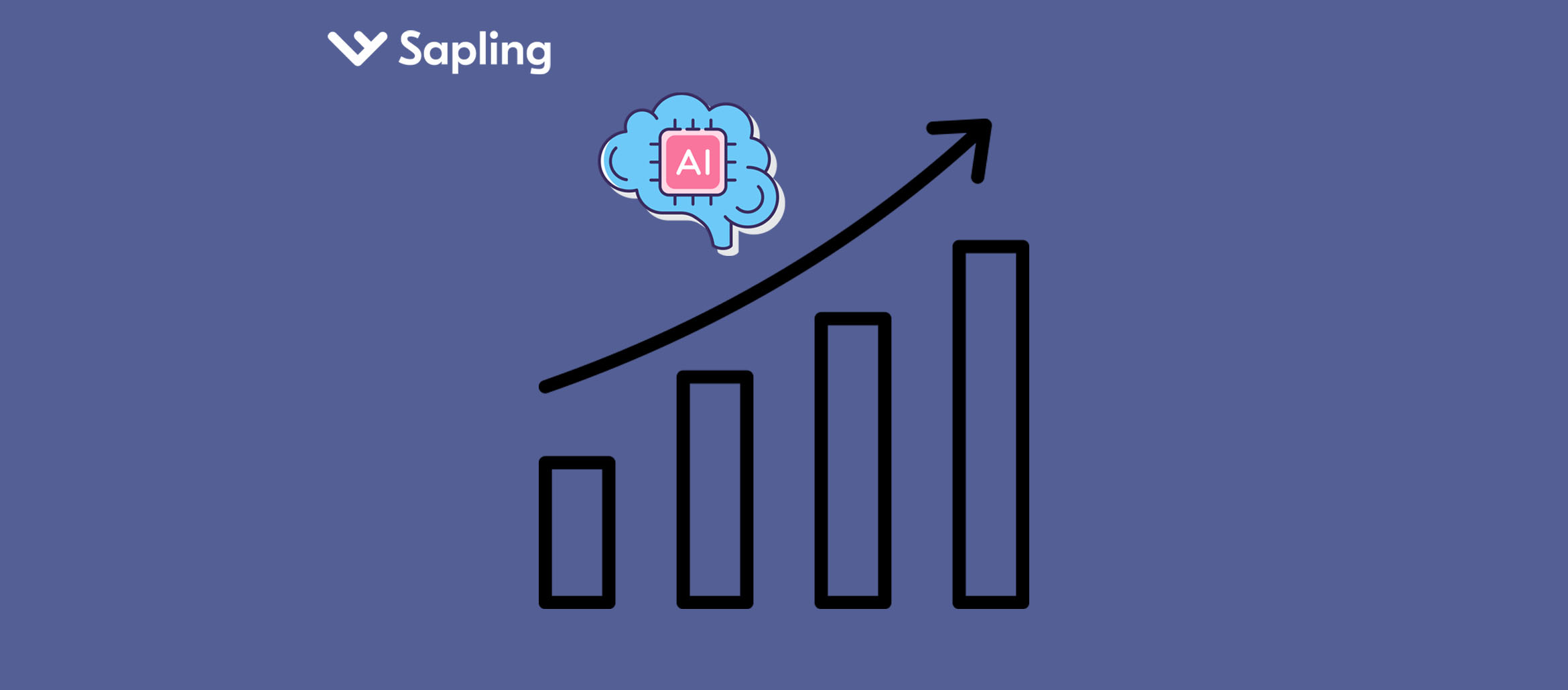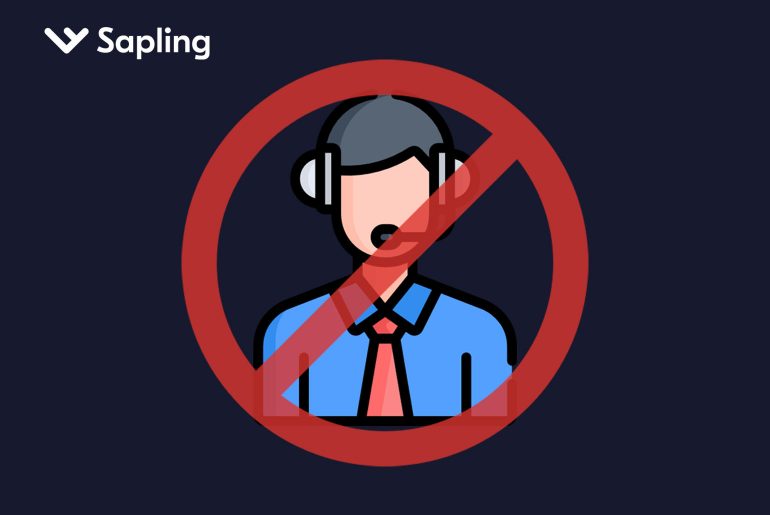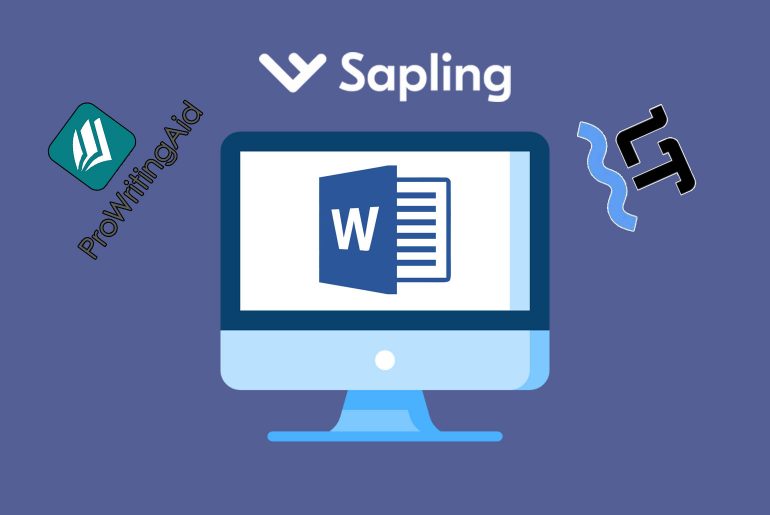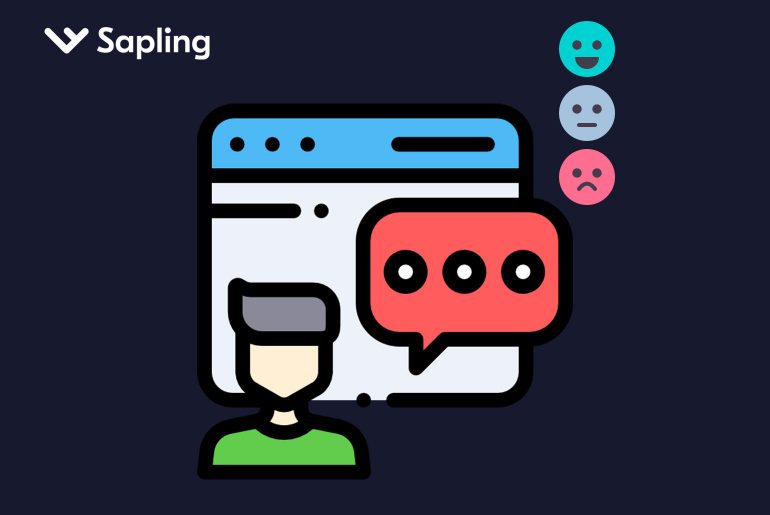Artificial Intelligence (AI) has transformed from a nascent field in the 1950s into a ubiquitous presence in 2022. If you have an Alexa device, use voice recognition software on your phone or other mobile devices, type queries in a search engine like Google, or interact with a chatbot on a website, you are interacting with an AI system.
According to Stuart J. Russell and Peter Norvig in the textbook Artificial Intelligence: A Modern Approach, the basic definition of artificial intelligence is “the designing and building of intelligent agents that receive percepts from the environment and take actions that affect that environment.” Since AI systems run on computers with fast processors, they can process large amounts of data in milliseconds, allowing them to extract insights or to monitor data streams that would be overwhelming for a human to manage.
AI is still a changing and rapidly developing technology, which is why it’s exciting to monitor its growth and the enormous potential of its future applications. In this article, we cover interesting facts about artificial intelligence and the state of AI around the globe, with a focus on AI in industry. Our goal is to demonstrate how increasingly omnipresent and essential AI is for helping businesses streamline their workflows, improve the quality and efficiency of their information pipelines, and boost their revenue.
Contents
Two Types of Artificial Intelligence
While there are many ways to categorize an AI system, one way is to categorize it as either a weak AI and strong AI.
Weak AI
Also called “narrow,” this type of artificial intelligence is designed and trained to only perform specific tasks. These are the AIs that we see deployed and widely used in industry today.
Strong AI
Strong artificial intelligence—also called “general” AI—is any AI that can perform well on a broad range of tasks. Strong AIs are what are often depicted in science fiction films—an example would be HAL 9000 from Space Odyssey. One work which popularized the term strong AI is Nick Bostrom’s 2014 book, Superintelligence, which describes how strong AIs can that are sufficiently advanced may be able to recursively improve themselves, hence becoming increasingly intelligent and capable without human intervention.
Strong AI is often associated with AI that is self-aware, though the two are distinct concepts. A self-aware AI would be able to think for itself and not require any input from human beings. This leads into the concept of AI singularity, which is the idea that AI could eventually become so sophisticated that it would be uncontrollable by humans. We’ve seen plenty of movies and television shows that demonstrate the benefits and the dangers of robots that can think and act on their own. It’s an intriguing idea, but one which is still shrouded in the mists of the distant, nebulous future.
Subfields of Artificial Intelligence and Applications
Artificial Intelligence is a broad field, and branches have emerged focusing on different techniques as well as different applications.
Machine Learning
Machine learning (ML) is a subfield of Artificial Intelligence that focuses on how algorithms can learn from data. Common tasks that ML systems can perform are classification (given some input A, group it into some discrete category B) and regression (given some input X, predict a numerical value Y).
Machine learning systems have many tunable parameters that determine how they behave when encountering a new input. Initially, ML systems are trained on a training dataset, where their parameters are optimized or tuned to perform classification/regression on that dataset. The hope is that when the ML system encounters new data in the future, it will generalize and continue to make reasonable predictions. In practice, generalization can be very difficult to attain without using large machine learning models with billions of parameters trained on gigabytes of data.
Deep Learning
Prior to 2012, even when ML models with lots of parameters were trained on lots of data, their performance tended to saturate with increasingly more parameters and amounts of data. That began to change with the 2012 ImageNet challenge, where a team from University of Toronto submitted AlexNet, an image classification system using a large convolutional neural network that vastly outperformed other ML systems submitted to the competition.
From there, deep learning models—loosely speaking, large neural network models with many computational layers—have attained state-of-the-art performance in almost every application of machine learning. Key to the success of deep learning is the ability to continue to improve and generalize with increasing amounts of data and compute.
Computer Vision
Computer Vision is an applied field of AI focusing on visual inputs—images and video. Example tasks include classifying objects in an image, detecting anomalies in a video stream, and synthesizing new images. Real-world applications include face recognition and autonomous driving.
Natural Language Processing
Natural Language Processing (NLP) is an applied field of AI focusing on text inputs such as human written texts. NLP has also come to encompass tasks involving structured text such as code. Example tasks include sentiment analysis, named entity recognition, sequence transduction, and longform text generation. Example applications include information retrieval (search), grammatical error correction, summarization of transcripts, intent detection for devices such as Amazon Alexa, and translation between languages.
Speech Recognition
Speech recognition—or automatic speech recognition (ASR)—involves transforming an audio input (speech) into a text output (transcript). Oftentimes the transcript is the processed using NLP. For a long time, speech recognition systems were barely usable, but dramatic improvements this past decade have led to the popularity of many voice assistants.
Key Artificial Intelligence Statistics
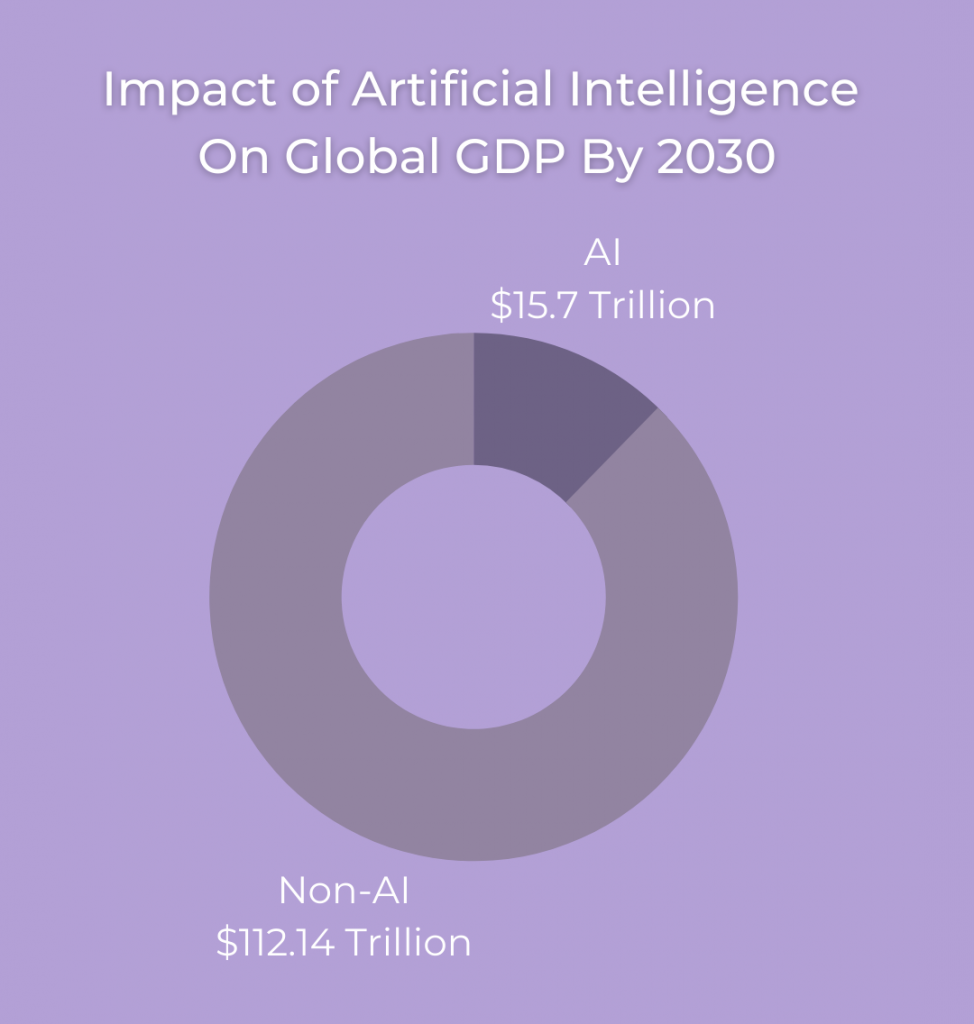
- Global GDP is expected to grow by $15.7 trillion in 2030 as a direct result of Artificial Intelligence.
- In 2020, around 4.2 billion devices carried AI-powered voice assistants. By 2024, that number is projected to double to 8.4 billion.
- As of 2017, 84 percent of global businesses believe that AI will give them a competitive advantage.
- For some tasks, AI can enhance business productivity by up to 40 percent.
- Robots could perform the tasks of 30 percent of the global workforce by 2030.
Artificial Intelligence Usage Around The World
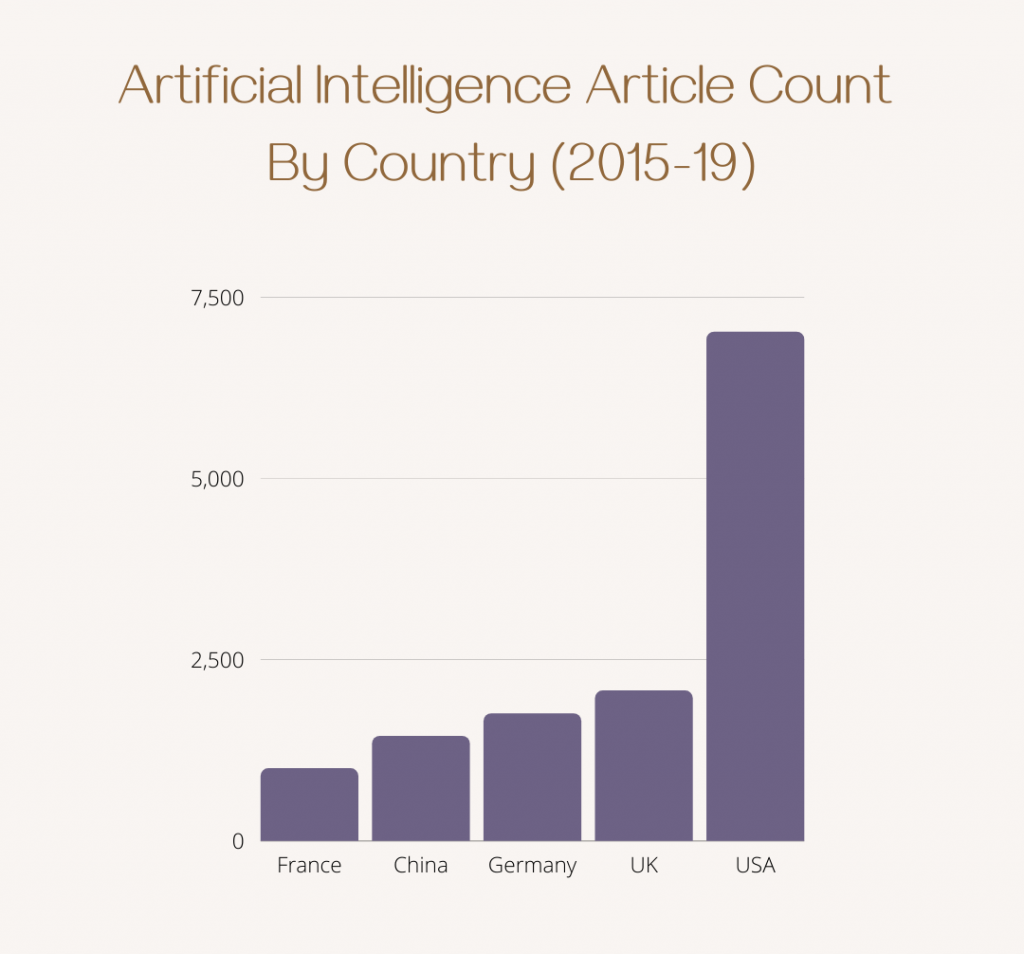
AI is having a huge global moment. One need only look at the growth of the global GDP and the value of the artificial intelligence software market to gauge its impact.
- By 2025, experts predict the worldwide AI market value will reach a colossal $126 billion. Compare that number to the market value in 2015, when it was only worth $5 billion. That’s a 2040% growth spurt.
- The growth rate of the worldwide artificial intelligence market is projected to experience a compounded annual growth rate of 55.6 percent from 2016 to 2025.
- China is a major player in the AI game. Current projections show that by 2030, AI will account for 26 percent of China’s GDP.
- As previously stated, 86 percent of businesses around the world believe that AI gives them an edge over their competitors.
Artificial Intelligence Market Size
AI is bringing in vast amounts of revenue for worldwide markets, as shown below.
According to Statista, in 2021, the total revenue from the global AI market grew to around $341.8 billion.
Artificial Intelligence Revenue By Sector
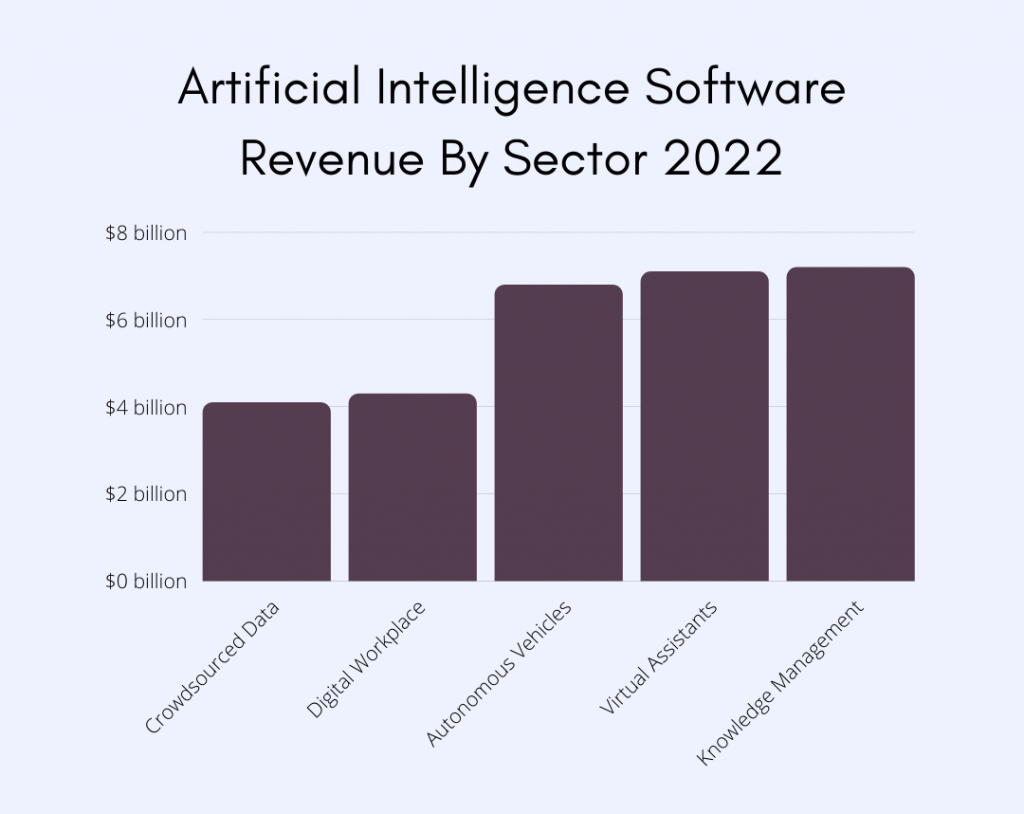
The following list by Gartner shows the projected AI software market revenues for five different major sectors in 2022.
- Knowledge Management
31.5%growth to a total revenue of $7.2 billion. - Virtual Assistants
14.7%growth to a total revenue of $7.1 billion. - Autonomous Vehicles
20.1%growth to a total revenue of $6.8 billion. - Digital Workplace
20.0%growth to a total revenue of $4.3 billion. - Crowdsourced Data
19.8%growth to a total revenue of $4.1 billion.
A sixth category, labeled as “Others,” is projected to grow by 21.4 percent and reach a revenue total of $32.8 billion. This brings the total revenue for these top sectors to $62.4 billion.
Artificial Intelligence Jobs
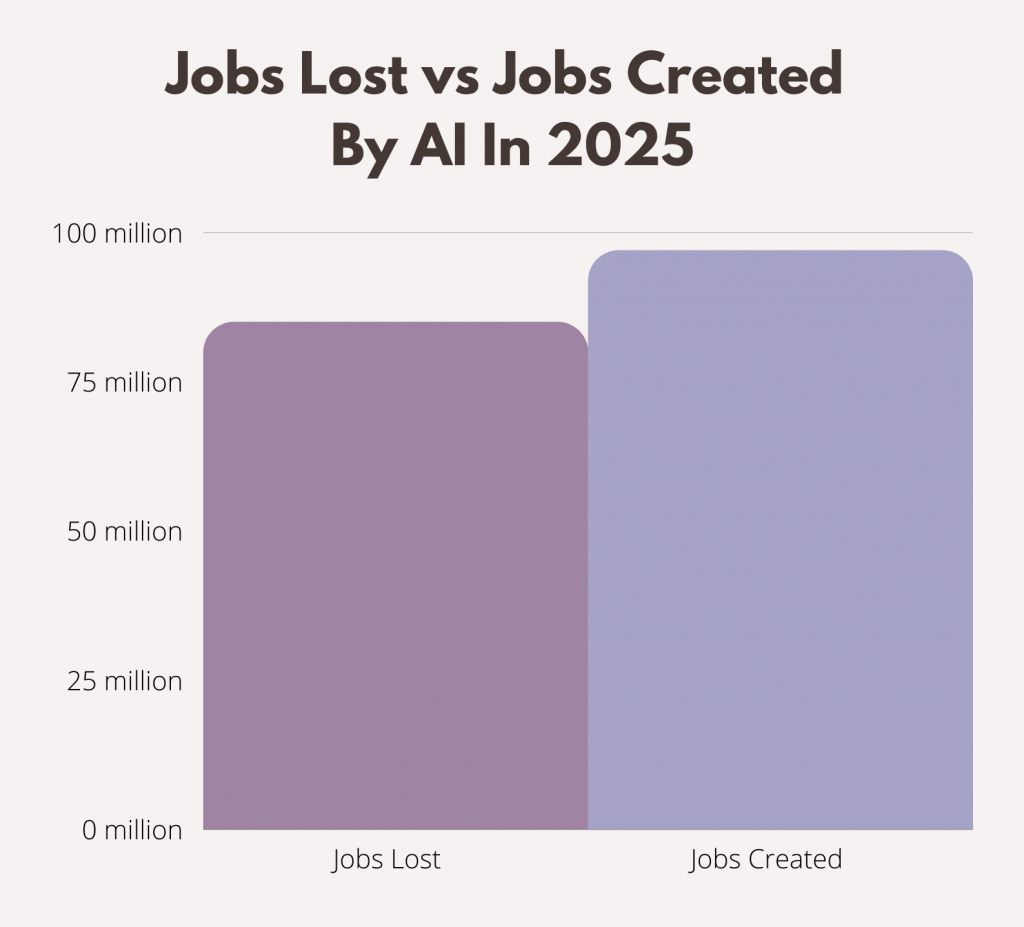
With the prospect of artificial intelligence slowly taking over an increasing number of human jobs, people are, understandably, nervous about their career prospects. Will robots take over everything, leaving workers around the globe jobless?
The short answer is, “No.” Even though automation of menial jobs is projected to grow, experts predict that jobs for humans will be readily available. In other words, we’re not facing the prospect of a world taken over by machines in a real-life parody of The Matrix movies.
Below are some crucial statistics about the impact of artificial intelligence on the job market.
- Artificial intelligence will eliminate 85 million jobs by 2025. But, on the flip side, it will create 97 million new jobs by the same year.
- 52 percent of experts believe that even as people are displaced from their jobs by robots, they will innovate new jobs and keep working.
- 37 percent of businesses are already using AI—yet most industries have not experienced severe job displacement.
Artificial Intelligence Stocks
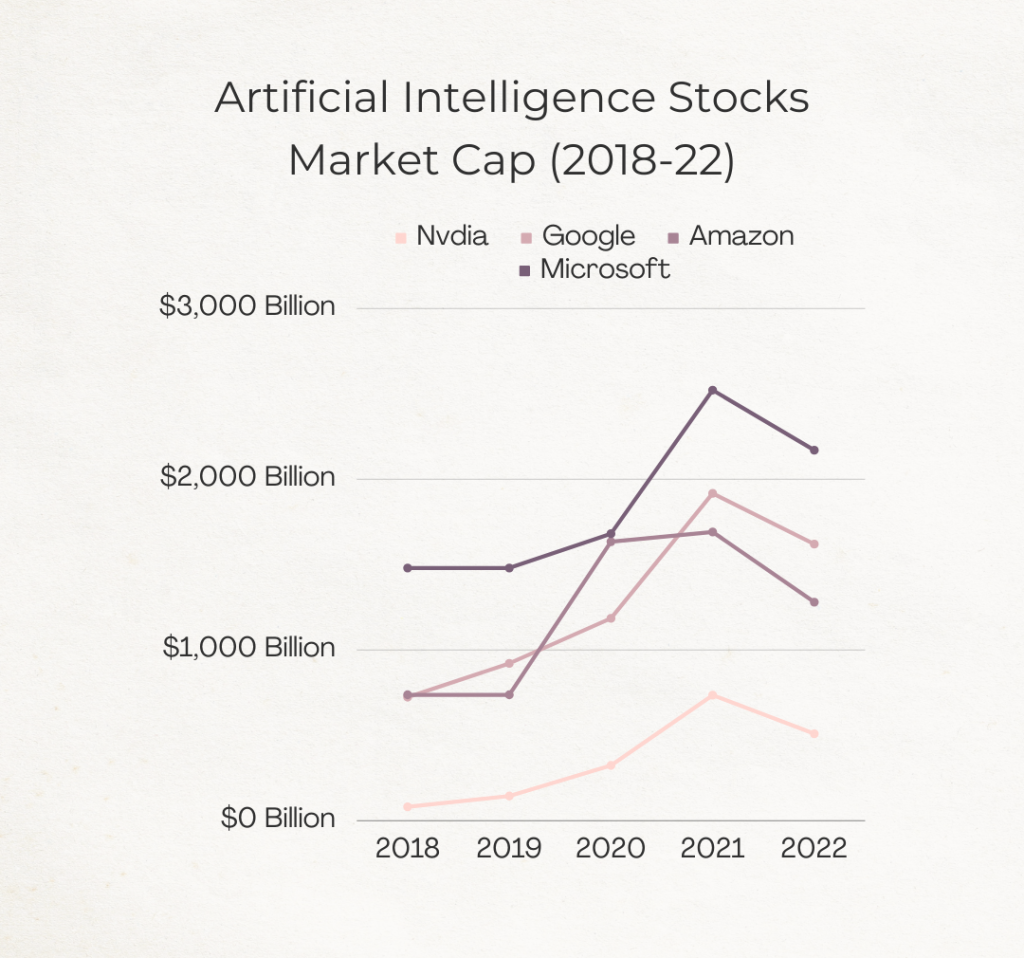
Right now, the future of artificial intelligence in the stock market looks bright. The interesting fact is that, according to Investors’ Business Daily, there aren’t any pure AI stocks on the market. Therefore, they recommend that investors put their money into companies that are implementing AI to improve their products or output.
These companies include industry leaders like Amazon and Facebook, which are constantly improving and developing AI-powered technologies such as voice assistants and virtual realities, as well as chip manufacturers like Nvidia.
Below are the top 4 AI-driven company stocks worth investing in according to a recent report by Bank of America (provided by U.S. News Money).
1. Nvidia Corporation (NVDA)
Nvidia is a key figure in the AI market, as they produce the chips which provide the processing capacity necessary for AI to perform.
2. Alphabet Inc (GOOG, GOOGL)
Alphabet Inc. is the parent company of Google and YouTube. Google has its hands in lots of diverse AI applications, including self-driving vehicles, online content promotion, search engine results algorithms, and more.
3. Amazon (AMZN)
If you’re an Amazon customer, which most everybody is these days, you’ve probably already thought of ways that this company is implementing AI. One obvious example is the voice assistant Alexa, but Amazon also uses AI for targeted ads, e-commerce search algorithms, cloud computing, and more.
4. Microsoft (MSFT)
Thanks to their recent release of exciting new AI projects, including the Context AI application and a supercomputer hosted in their cloud computing network, Microsoft is continues to be a leader in artificial intelligence.
Important Artificial Intelligence Companies
In 2022, eight big companies stand out as leaders in artificial intelligence. These are the companies that are investing in smaller AI developers, monetizing AI-driven technology, and pushing for innovation in multiple industries including retail, manufacturing, healthcare, and virtual reality.
1. Amazon
Amazon is a major driver of AI in terms of everyday household usage. We already mentioned Alexa, which can set reminders and alarms, provide answers to simple queries, activate lights, security cameras, and other systems.
Amazon uses AI for many other applications as well. For example, the company employs machine learning to predict customers’ search queries and make purchasing recommendations.
Finally, artificial intelligence and machine learning are the driving forces behind Amazon Web Services, which is a cloud computing program for businesses and entrepreneurs.
Clearly, Amazon is prioritizing AI, both to improve its own products and help other smaller businesses. Watch this company for new ideas on how to best use AI in both B2B and B2C models.
2. Google
Google implements AI in countless different ways across their many platforms, especially in its search engine. Every time you enter a query in Google Search, the results you find are driven by AI-powered algorithms which exist solely to produce the most relevant web content for your search terms.
But Google has extended AI beyond simply providing accurate search results. Their AI programs also analyze videos to identify key moments so you can find the information you’re looking for quickly and easily.
Visual AI applications include using Google Lens and AR to help users learn more about the world around them, including discovering shopping opportunities.
And of course, much like Amazon, Google has a voice assistant which can recognize your search queries, set appointments, and even listen to music to identify the title and artist.
Google sees the potential for AI to improve productivity and make daily as well as workplace tasks faster and more efficient. They are another great company to watch for artificial intelligence innovations.
3. Microsoft
Microsoft is making huge strides in AI that they believe will help other industries, such as manufacturing, to improve their processes and increase output. From autonomous services like Project Brainwave, where AI analyzes parts coming down an assembly line for defects in a split second, to supporting healthcare research into COVID-19, Microsoft applies their AI research and expertise to a wide swath of important sectors. As such, they rank high on our list of artificial intelligence companies to monitor.
4. Meta
Meta, which used to be called Facebook, Inc. until it was rebranded in 2021, is generating a lot of buzz and excitement in the world of artificial intelligence. Aside from Facebook, Instagram, and the Metaverse, this company also has an AI unit. Recently, they announced the next generation AI supercomputer, which they hope will “accelerate AI research and help us build for the metaverse.” It will be exciting to see how this supercomputer will improve users’ experience of Metaverse and other applications from this company.
5. IBM
IBM is a leading name in AI-driven business applications thanks to its many years of research as well as its focus on AI as an affordable, intuitive tool for businesses. Its flagship artificial intelligence program, Watson, works across dozens of different sectors, and it streamlines complex processes such as advertising, customer service, financial operations, IT operations, and more. Companies should look to IBM for the latest innovations in AI for their operations.
6. TSMC
Taiwan Semiconductor Manufacturing Company (TSMC) is the biggest name in the semiconductor chip game. They make chips for companies like Apple, which is the company’s largest client. Chances are that the device you’re using to read this paragraph right now, whether it’s a laptop or a smartphone, contains one of their chips.
Not surprisingly, TSMC is also at the forefront of cutting-edge tech such as artificial intelligence. They have an entire in-house research department where they collaborate with the top minds in the industry to develop new AI hardware. Currently, the focus of their research includes “near- and in-memory computing, embedded non-volatile memory technologies, 3D integration, and error-resilient computing.”
In 2017, TSMC announced they would begin mass-producing chips that could be used in AI-powered applications.
Not only does TSMC help other companies in their efforts to innovate with AI, but the chip giant is also using artificial intelligence to help manage its own manufacturing plants. AI is the next step in tech, and TSMC is at the head of the pack to use it to its fullest potential.
7. NVIDIA
NVIDIA is best known for inventing and designing graphics processing units (GPUs) for computers, laptops, smartphones, and other mobile devices. Recently, though, they’ve pivoted to researching and developing AI, as well as promoting their own suite of deep learning-powered AI software called vSphere in partnership with VMware.
vSphere is a cloud-based server system with the capability to store huge amounts of data without the hardware. This is a boon to the tech industry because it means lower costs and less labor.
NVIDIA has also partnered with other huge companies, such as BMW in the automotive industry to start using NVIDIA’s AI-powered robots in its factories. In addition, Walmart is using NVIDIA’s GPUs to drive their performance forecasting.
8. Deepmind
DeepMind is a London-based AI company that was acquired by Google in 2014. Since then, they’ve continued to make incredible strides in research and development of artificial intelligence, specifically through their program AlphaFold.
AlphaFold uses deep learning to predict protein structures in amino acids. Most famously, it was utilized by researchers to predict the structures of proteins in SARS-CoV-2, the COVID-19 virus.
DeepMind’s AI is responsible for improving Google products like Google Assistant and Google Cloud Platform. It also saved around 30 percent of the energy needed to keep Google’s massive data centers cool on an efficient scale. In their latest project, Ithaca, DeepMind will use “the first deep neural network” to restore the missing text on ancient, damaged inscriptions.
DeepMind is a wonderful example of how AI can be used in countless different applications, from improving business operations to literally advancing scientific and historical discoveries.
Artificial Intelligence Startups
1. OpenAI
OpenAI is an artificial intelligence research laboratory founded in 2015. Billionaire Elon Musk is one of the original founders of the startup, but he resigned from the company in 2018. Today, OpenAI counts Musk as well as the Microsoft company among its donors and is considered a competitor of Google’s DeepMind.
The mission of OpenAI is to produce artificial intelligence applications which only benefit humankind. So far, OpenAI’s API gives users access to various AI models, such as the powerful language model GPT-3. The latter is used in GitHub Copilot which helps programmers code faster. You’ll also find OpenAI’s work in popular apps such as a tax aid for freelancers called Keeper Tax, and Duolingo, a language-learning app.
2. Anthropic
Anthropic was founded by OpenAI’s former VP of research, Dario Amodei. The goal of this startup is to research and develop large-scale AI systems with an emphasis on safety and reliability.
As big industries, such as tech and automotive, incorporate AI more and more into their manufacturing and workflows, problems inevitably arise. The larger the AI system, the more unpredictable and unreliable it can be at times.
That’s why the work of Anthropic is so important. Through their research and diligence, they will pave the way for large-scale models that are easier to control and regulate for the benefit of humankind. This will decrease the frequency of dangerous errors.
3. Graphcore
Graphcore has made a name for itself as a pioneer in Intelligence Processing Units (IPUs). According to benchmark tests, IPUs are more powerful than GPUs. Moreover, Graphcore’s IPU is specifically designed for AI researchers to push the boundaries of what previous, limited technology held them back from.
Graphcore’s IPU has a lot of high-profile investors excited, including Sequoia Capital, Microsoft, and BMW. In fact, Microsoft was one of Graphcore’s first customers. They use IPU technology in their beefy AI-powered cloud computing application, Azure.
4. Sapling.ai
Sapling believes that AI is the key to increasing efficiency and productivity in your business communications. That’s why we developed useful tools such as a Grammar Checker, Autocomplete, Snippets, and Chat Suggest, so that sending professional, well-written messages within your company and out to customers becomes quick and easy.
Our rules-free and neural-net-based AI messaging assistant is able to help customer support teams reduce their first response time by 35%.
We are excited to work with OpenAI, Y Combinator, Bentley Artificial Intelligence Research (BAIR), and Stanford Artificial Intelligence as our launch partners.
5. DataRobot
DataRobot is the world’s only AI Cloud platform. Its goal when it was founded in 2012 was to “democratize access to AI.” In 2022, DataRobot is used by a third of the Fortune 500 and across dozens of different industries to make predictions based on massive amounts of data.
DataRobot is a project-based service. Basically, a business tells them what goals they want to achieve with AI and DataRobot determines if they’re possible. If they are, the cloud platform provides the tools and the expertise to make it happen.
Well-known companies like Lenovo, Blue Cross Blue Shield, and United Airlines are among DataRobot’s top clientele.
6. Data Annotation Startups
The fuel for machine learning models is data. While large language models have shown an amazing ability to perform well with unannotated web-scale data, for the best performance, annotated data and specific training examples are required.
The biggest player in this space may be Scale, though there are other providers that offer annotation tools for all types of data.
Artificial Intelligence: Future Predictions
1. Boost Revenue For Businesses
We predict that in the future, AI will boost revenue for banks as well as businesses. By the end of 2022, banks that invest in AI could see an increase in revenue by 34 percent. Meanwhile, revenues from the global AI market are expected to rise to half a trillion US dollars by 2023.
2. Save Billions Of Hours Of Productivity
In 2017, Gartner reported that AI implementation in businesses could help recover 6.2 billion hours of productivity in the workforce. It makes sense because the more tedious, mundane tasks that AI handles, the more valuable human workers become in terms of tangible productive output.
3. Lead To Less Stressful Working Conditions
The implementation of AI in business operations will naturally lead to less stressful working conditions. Workers will be able to perform tasks they actually want to do, instead of slogging through piles of annoying busywork.
4. Continue To Create Jobs
Many people make the mistake of thinking that AI will lead to robots completely replacing humans, but current data shows that’s not the case. According to the World Economic Forum, by 2025, AI will have replaced 85 million jobs – but it will also have created 97 million new jobs.
5. AI Singularity
AI singularity is the concept that artificial intelligence may someday reach a point where it becomes self-aware and becomes too large and complex for humans to control or reverse.
This is a frightening scenario, yet it seems unbelievable, like something out of a movie. But AI experts agree that it is completely possible, although they vary on the timeline of such an event. Some say within a few decades, others predict it will take hundreds of years to reach an AI singularity.
Interesting Artificial Intelligence Facts
Below are 38 interesting facts about artificial intelligence and artificial intelligence stats.
- 1 in 5 workers engaged in mostly non-routine tasks will use AI to perform a task by 2022.
- 9 out of 10 top businesses have investments in AI.
- 81 percent of office workers believe AI improves their overall workplace performance.
- 68 percent of office workers wish their employers would deploy more AI-driven technology.
- 56 percent of office workers say they are already using AI in their daily work.
- 51 percent of office workers believe that AI helps them achieve a better balance between work and home life
- 62 percent of consumers are willing to use AI to improve their experience with a business.
- By 2025, 70 percent of B2B organizations will use AI to augment their sales.
- In 2019, 44 percent of businesses using AI reported seeing a decrease in business costs.
- 41 percent of businesses have a defined AI strategy.
- As of 2020, 50 percent of businesses use AI for at least one function.
- In 2018, Google revealed that its deep learning machine LYNA could detect metastatic breast cancer cells with 99 percent accuracy.
- Oxford University’s AI can read lips with 93 percent accuracy, better than human lip readers.
- Voice assistants were a source of information for 51 percent of US residents in the beginning of 2020.
- As of 2018, 41 percent of marketers believe that using AI for their email marketing strategies has led to an improvement in revenue.
- Implementing AI strategies in sales leads to overall cost savings of 60 percent.
- In 2019, companies in the financial sector that utilized AI on a large scale for their operations performed 11.5 percent better than those that didn’t.
- In a 2019 report, 56 percent of organizations revealed they use AI for internal operations, such as to support decision making.
- 56 percent of organizations cite a lack of skills as the top challenge in adopting AI.
- 86 percent of CEOs in the US believed AI would become a “mainstream technology” at their business in 2021.
- 52 percent of US CEOs said they accelerated their AI strategies because of the COVID-19 pandemic.
- AI could increase productivity by 40 percent by 2035.
- Global AI chip revenues are expected to grow to 83.25 billion US dollars by 2027.
- The number of companies that implement AI grew 270 percent from 2015 to 2019.
- By 2019, around 37 percent of businesses were using AI in some form, compared to 10 percent in 2015.
- As of 2019, Google Assistant was the highest performing AI assistant on the market, beating out Siri and Alexa.
- Netflix calculates that its AI-powered recommendations feature is worth $1 billion per year.
- 40 percent of organizations were motivated to adopt AI to improve CX.
- AI produces more gross value added (GVA) for the manufacturing industry than any other industry.
- 40 percent of marketing and sales departments see AI and machine learning as critical to their success.
- Workers in transport, manufacturing, and wholesale and retail, and lower in education, health and social work are more likely to lose their jobs to automation by the 2030s.
- Over 20 percent of US residents own an Alexa device.
- Amazon Alexa was found to be the most important voice platform in 2020.
- Before the world became aware of COVID-19, an AI model had detected a new form of “pneumonia” developing in China.
- 40 percent of executives cite the enormous expense of implementing AI as a huge challenge.
- 51 percent of executives see enhancing the features, functions, and performance of their products as the top benefit of AI.
- 7 percent of insurance customers trust a chatbot when they’re making a claim.
- In 2020, Elon Musk predicted an AI singularity would overtake human beings within the next five years.
Conclusion
As this article has detailed, artificial intelligence is changing the face of the global market and the way that companies operate their businesses. The traditional, manual methods of operations in most industries are becoming outdated and outpaced. With the power of AI and automation, productivity and output will increase by wide margins, as will job opportunities and the potential for market expansion.
It’s clearer than ever that now is the right time to learn more about how AI can help your business thrive.

